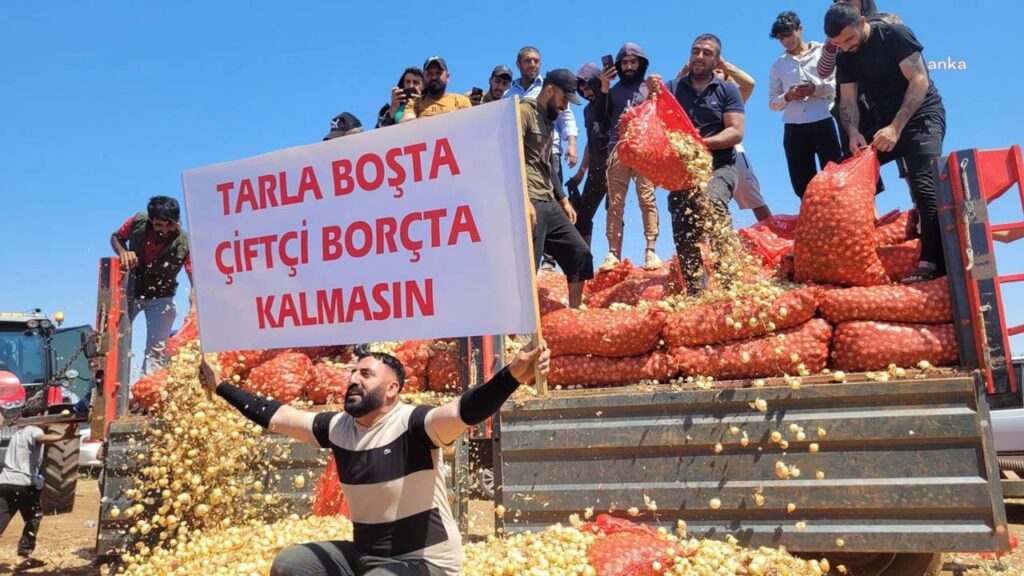Havva Gümüşkaya
Vice President Cevdet Yılmaz announced the 2026 Central Administration Budget with the claim of ‘stability and prosperity’. At the 2026 Central Administration Budget Signing Ceremony, which Treasury and Finance Minister Mehmet Şimşek did not attend due to his overseas programme, Vice President Yılmaz announced that the economy is expected to grow by 3.3 per cent in 2025 and 3.8 per cent in 2026.
Stating that the inflation target for 2026 is 16 per cent, Yılmaz said that budget expenditures for the same year are projected to be 18 trillion 929 billion lira, while budget revenues are projected to be 16 trillion 216 billion lira.
According to the budget proposal prepared for 2026, the state coffers will have a deficit of 2 trillion 713 billion lira. The repeated statements every year about reducing indirect taxes remained on paper again. The 2026 budget reveals that the backbone of the tax system is again based on indirect taxes. The largest contribution to budget revenues is planned to come from value added tax. Excise and VAT collections are expected to account for 40 per cent of budget revenues.
INTEREST BUDGET
The budget proposal shows that interest expenditure, which reached 1 trillion 662 billion lira in the first nine months of 2025, will not slow down in 2026. Interest payments are expected to reach 2 trillion 741.7 billion lira next year. This amount is estimated to exceed the projected budget deficit for 2026. The 2026 budget includes an allocation of 653 billion lira for repairing earthquake damage and increasing resilience to disasters.
Higher education institutions increased their budgets to 651 billion lira in 2026, while the education budget, including higher education, rose to 2 trillion 896 billion lira. Thus, 15.3 per cent of the central government budget was allocated to education. 1 trillion 594 billion lira was allocated from the central government budget for health services. The social assistance budget amounted to 917 billion TL, equivalent to 33.4% of interest expenditure.
On the other hand, there was a significant increase in defence spending. The allocation for the defence and security sector, including 1 trillion 202 billion lira for defence spending and 953 billion lira for internal security spending, increased by 34 per cent to 2 trillion 155 billion lira.
AGRICULTURE’S SHARE IS DECLINING
Yılmaz declared agriculture a “strategic priority” in his speech, but its share of the budget declined. At a time when the effects of climate change are increasingly being felt and high costs are hampering production, the share allocated to agriculture from the central budget was only 4.7 per cent. This share was 4.8 per cent in 2025. The resources allocated to agriculture, which were 705.6 billion lira in 2025, increased by 25.9 per cent to 888.2 billion lira, which is below the expected inflation rate for the end of the year. Agriculture sector tax expenditures amounted to 262 billion lira, agricultural credit support to 220 billion lira, agriculture sector investment allowances to 190 billion lira, agricultural support programmes to 168 billion lira, and financing for agricultural public enterprises, intervention purchases, and export support to 48 billion lira.
Note: This article is translated from the original article titled Bütçede tarımın payı geriledi: ‘Stratejik önem’ yine lafta kaldı, published in BirGün newspaper on October 17, 2025.


